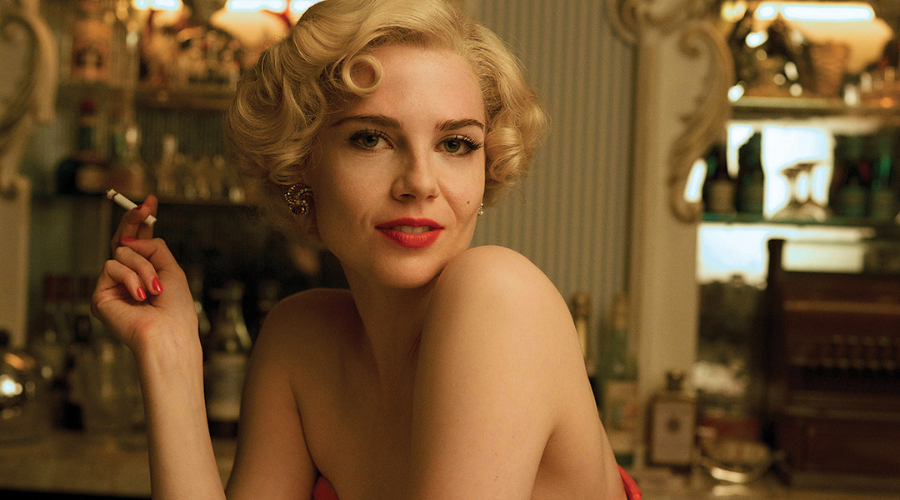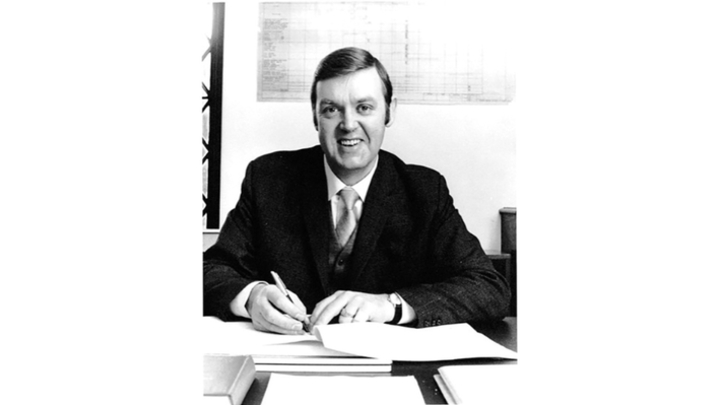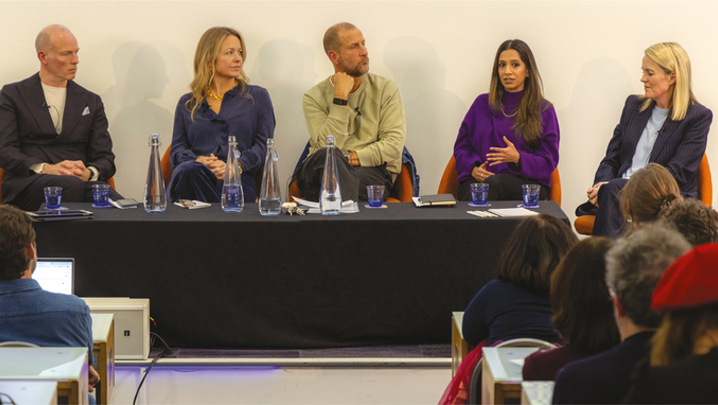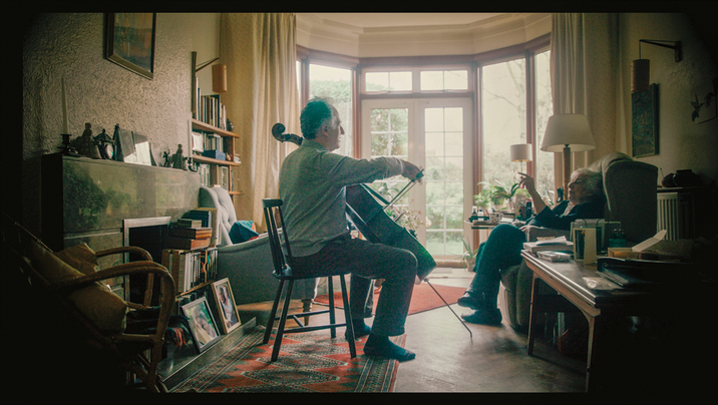Ruth Ellis is no stranger to our screens, but now a largely female team has dramatised the 1950s case that triggered the end of the death penalty. Caitlin Danaher hears a more nuanced story
On June 1955, a jury took just 14 minutes to convict Ruth Ellis, the last woman to be executed in Britain. Charged with murdering her lover, David Blakely, outside the Magdala pub in Hampstead, north London, Ellis was in the dock for little over a day, but the case sent shockwaves across the nation and contributed to the end of the death penalty.
Now, 70 years later, the trial is cast in a new light in ITV and Silverprint Picture’s gripping A Cruel Love: The Ruth Ellis Story. Adapted from Carol Ann Lee’s forensically researched book, A Fine Day for a Hanging, it follows the legal battle that preceded Ellis being put to death at the age of 28.
A Cruel Love explores the role of Britain’s class system in the execution. Written and created by Kelly Jones (The Long Call), it stars Lucy Boynton (Bohemian Rhapsody) as Ellis. Toby Jones, fresh from Mr Bates vs the Post Office, returns to ITV as the lawyer, John Bickford, who fought for clemency.
Researching her role, Boynton was stunned to discover the impact the case had on Britain’s judicial system, and the public outrage it generated. “I was 29 when I was reading and filming it, and she was 28 when she was hanged. There are so many parallels that you can identify with as a modern woman looking back at her treatment then,” says Boynton.
With her coiffed bleach-blond hair and red lipstick, Ellis looked like a film-noir starlet at the Old Bailey. She drew gasps from the public gallery as she admitted: “It is obvious that, when I shot him, I intended to kill him.”
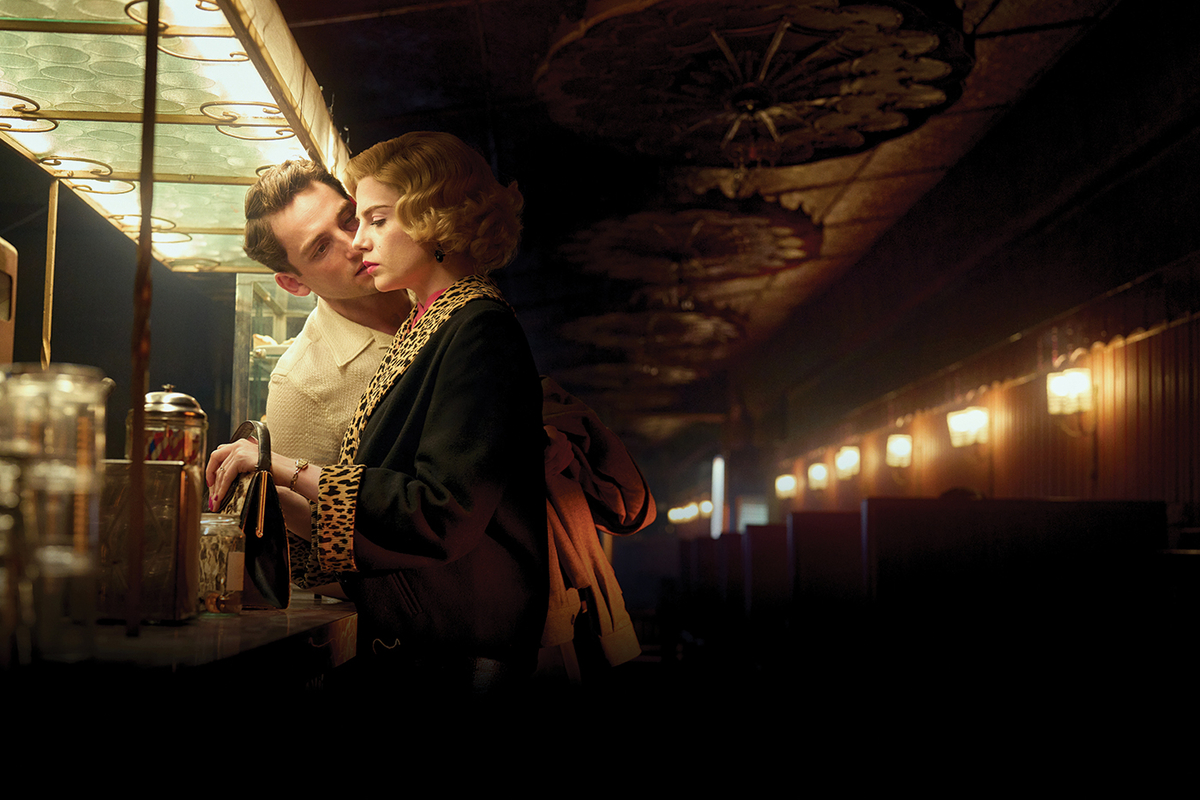
Kelly Jones says: “That’s why she became so notorious. She was lifted from the pages of a Raymond Chandler novel. This glamorous blonde in her little pencil skirt, with the revolver at her side, shooting her lover dead.”
Set in London’s 1950s clubland – all cigarette smoke and dry martinis – the four-episode drama sees Ellis become the youngest club manager in the capital, defying the gender expectations of her time as a working-class single mother. As she embarks on a passionate relationship with upper-crust racing driver Blakely (Laurie Davidson, Mary & George), A Cruel Love charts an all-consuming love affair that turns brutally violent.
Ellis’s story has generated numerous TV shows, including documentaries, and film adaptations, most famously 1985’s Dance With a Stranger, starring Miranda Richardson. But portrayals have tended to caricature Ellis as either hysterical or a cold-blooded killer. For executive producers Kate Bartlett and Antonia Gordon of Silverprint Pictures, it was crucial to capture Ellis in all her difficult complexity.
“She was by no means perfect. This was a passionate, abusive, volatile relationship. But she shouldn’t have been hanged,” Bartlett says. Jones agrees: “It feels like we have a new, truer version of Ruth Ellis which isn’t in the public consciousness.
“The single detail I find so moving is that she refused any sedative just before execution. She just wanted to face it. She’s a very flawed, complex, but brave and interesting person who changed our whole legal system.”
Working-class Ellis is left to face the full force of the law
Across two timelines, the narrative follows the trial verbatim, set against Ellis and Blakely’s love affair. To meet the huge cost of making period drama, Silverprint found financing via BritBox International and ITV Studios. This enabled it to shoot in real London locations, from the Magdala Tavern to the corridors of the Old Bailey, to the magistrates’ court where Ellis appeared shortly after shooting her lover: the court remains intact, albeit now used as an artist studio.
“That was chilling, especially for Lucy – standing in the dock that Ruth Ellis stood in,” Gordon says.
The production was led by a largely female team. “It was important to have a woman writer,” says Bartlett. “It felt right that we were the team making it, that Kelly was writing it and Angie [Daniell] producing.”
Boynton says that being surrounded by women who could empathise with Ellis’s plight on a visceral level was crucial. “Especially having a woman write it – I don’t know that it would be possible to gain this level of nuance and insight otherwise.”
As it shows brutal scenes of domestic violence, the creative team had to tread a fine line between depicting the glamour of the era without glamorising the harsh reality of the pair’s domestic life. “We never wanted it to be grim or gritty. We have caught the glamour of the 50s, but also its much darker side,” Bartlett says.
Jones was keen to explore the issues facing men in the postwar era. “All these men are affected by the war. It casts such a long shadow over the whole story,” she says.
London’s flourishing club scene was a response to the war, says Jones: “All these men had been fighting Nazis in France, and were heroes and had this valour and significance. Then they came back to London with a sense of: ‘Who are we now?’”
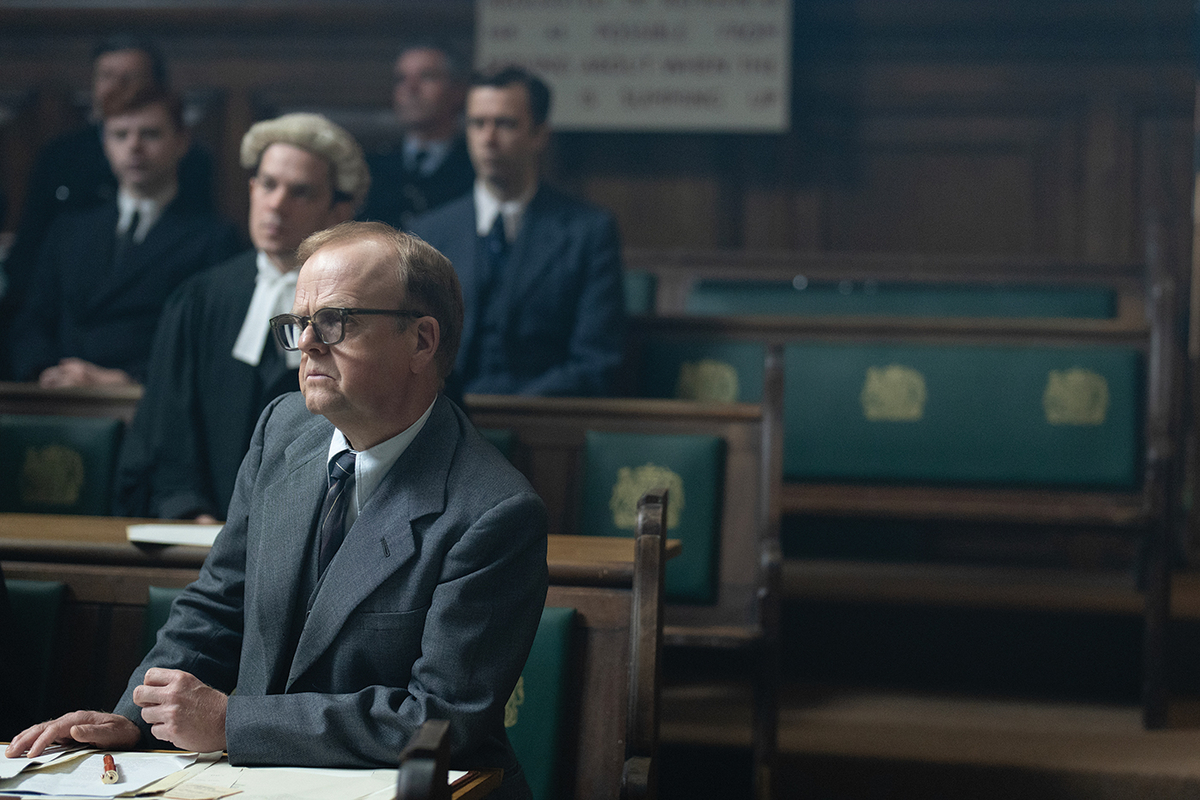
In private clubs, women like Ellis sold men a fantasy that they were still special. One such man was Desmond Cussen (played by Mark Stanley, known for Happy Valley), a former RAF pilot who falls for Ellis at her club. “He sees himself as her saviour, and it becomes quite pathological and obsessive. It really is his undoing,” Jones says.
We see how Cussen played a crucial role in Blakely’s murder which, had it been raised in the trial, might have led to Ellis avoiding the death penalty. While working-class Ellis is left to face the full force of the law, Cussen is protected by his connections in the old boys’ club of the establishment.
Alongside class, A Cruel Love tackles other subjects that will resonate with audiences today. Bartlett cites “coercive control or abusive relationships, or a working-class woman in a court who’s the single mother of two children by two different fathers”.
How will audiences react? The creative team expects a mixed and emotive response. Boynton says: “I’ve already encountered both sides of the conversation – people who have more understanding and empathy for [Ellis’s] situation, and then people who really fixate on her being an unlikable person.”
Jones concludes: “I’ve always tried not to judge [Ellis] by the standards of our time. All I’ve tried to do is paint her as a real person, and I hope that people see that.”
A Cruel Love: the Ruth Ellis Story will be shown by ITV in March.

